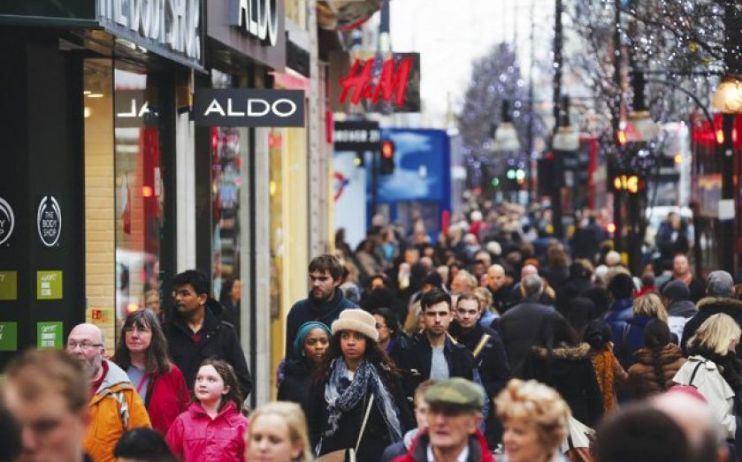London’s tourist tax: 63 per cent of international tourists would spend more if levy was scrapped

Some 63 per cent of international tourists would be more likely to make large purchases in the UK if tax-free shopping was re-introduced, fresh polling has revealed.
The bombshell data, launched before the Spring Budget, where there have been rumours it could be scrapped, is based on a study of 8,000 people from the USA, China, South Korea and from across the Middle East.
The research, commissioned by the Association of International Retail and shared with the Treasury as it carries out a review of the policy, finds that the Government’s abolition of tax-free shopping is having a “major impact” on UK visitor numbers.
Two-thirds of tourists who have visited Europe since 2021 were aware that the UK government had scrapped its VAT-free shopping scheme — with tourists from the Gulf States and China most aware of changes to the policy.
Paul Barnes, chief executive at the Association of International Retail, said:“This study with over 8,000 people in key tourist markets for Britain backs up the wealth of real-world data we’re seeing about the impact of the tourist tax.
“The Treasury’s original forecast that ending tax-free shopping would have little or no impact on international visitor behaviour, is not supported by the evidence.
He added: “Tax-free shopping is a huge draw, particularly for visitors coming from China and the Gulf States, and not reinstating this policy is having a detrimental effect on retailers in the UK and on the wider economy.”
The study went on to show how over 52 per cent of customers who use tax-free shopping schemes said it influences them to spend more money than they otherwise would have.
Government officials ditched the VAT refund for tourists in 2021, when Prime Minister Rishi Sunak was chancellor – a move that has since been dubbed ‘tourist tax’.
It is a move which has been highly criticised with a number of retail bosses, including the chief Mulberry, calling for the scheme to be abolished.
City A.M has contacted the Treasury for a comment.